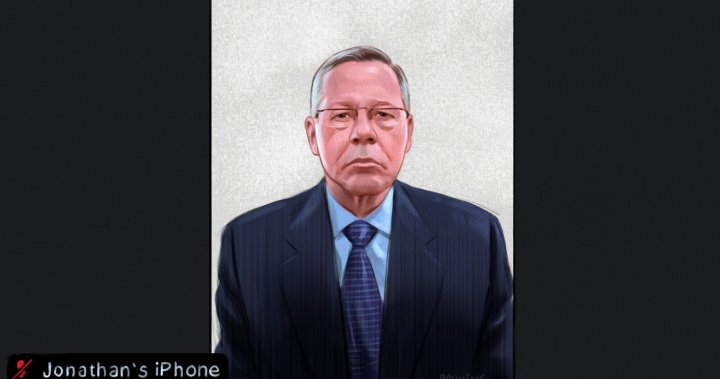
Vance’s discharge after guilty plea ‘devastating’ to push for accountability: expert
Global News
Retired Gen. Jonathan Vance pleaded guilty to obstruction of justice and received a conditional discharge. One expert says that's 'devastating' to the push for accountability.
The decision to grant a conditional discharge to Gen. Jonathan Vance after he pleaded guilty to obstruction of justice marks a “devastating” blow to the push for accountability for senior military leaders, says one expert.
In an interview with The West Block‘s Mercedes Stephenson, Megan MacKenzie of Simon Fraser University said the way the plea was handled in court and the decision not to leave Vance with a criminal record speaks to longstanding cultural challenges that remain in the civilian justice system.
“It’s already very difficult for victims to come forward. It’s so personal. It’s difficult for their lives. There’s nothing for them to gain other than a sense of justice,” said MacKenzie, who holds the Simons Chair in International Law and Human Security, and specializes in the study of military culture.
“So for them to see a case like this result, essentially, in a pat on the back and accolades rather than a criminal conviction, I think is really discouraging.”
During the plea hearing, the defence repeatedly emphasized Vance’s record of military service while Justice Robert Wadden described him as a “man of good character” who still had “much to contribute.”
“I don’t feel that it’s necessary to burden you with a criminal conviction,” Wadden said in granting the discharge on Wednesday.
Six letters of reference in support of Vance’s character were read out in court.
The victim impact statement was not.













